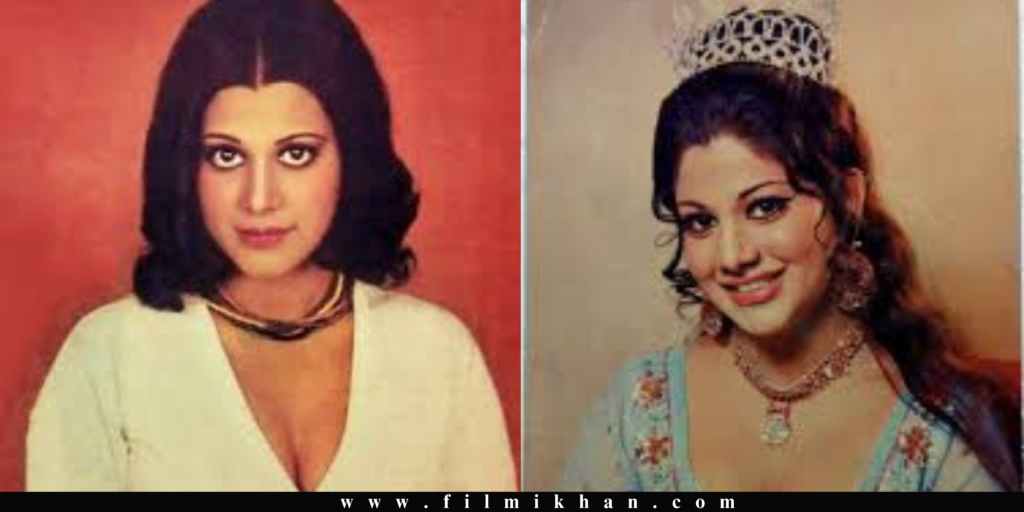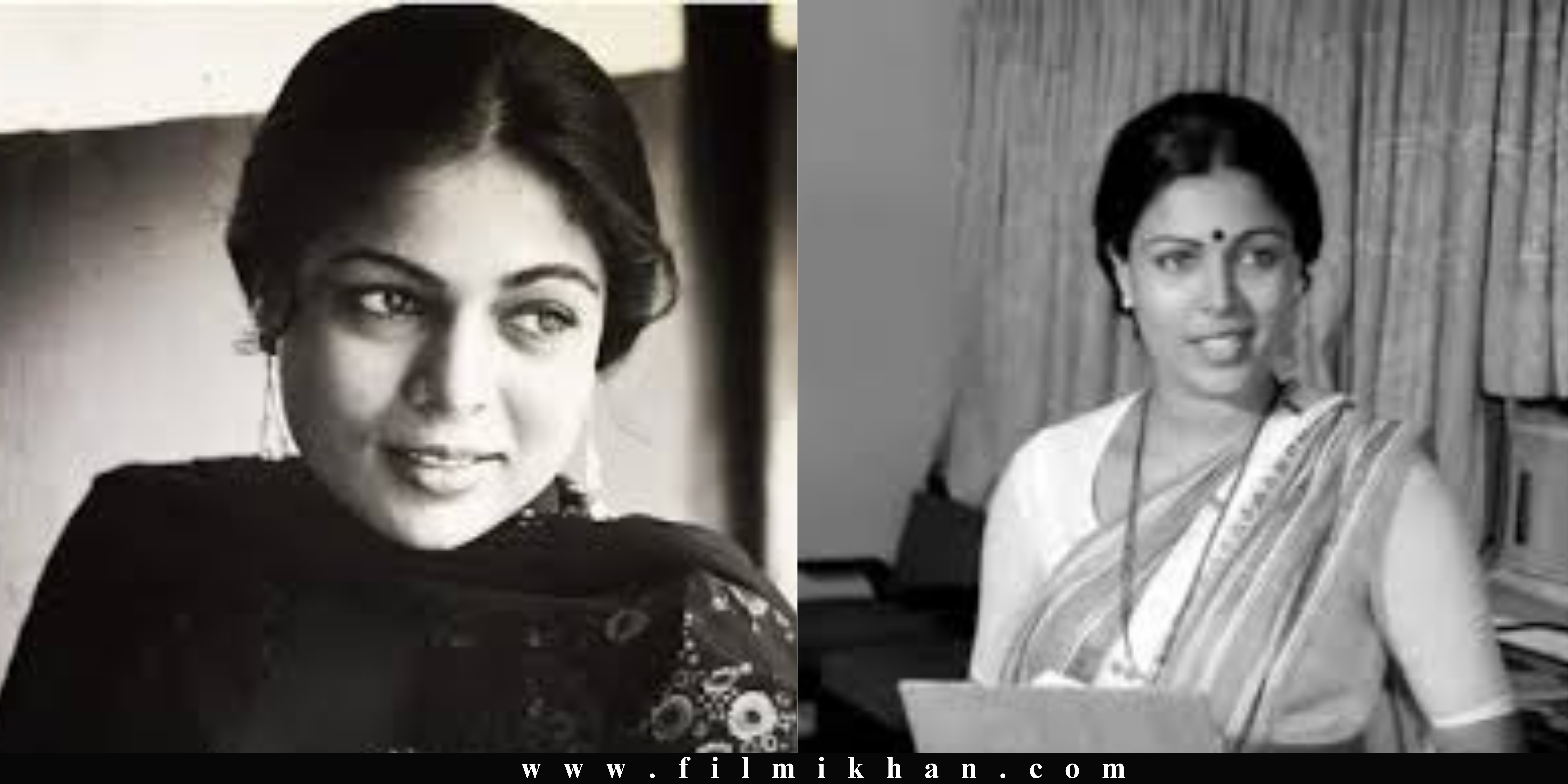
Asha Sachdev, born as Nafeesa Sultana but better known as her screen name. She was on 27 May 1956 in Bombay (Mumbai now), India, into a family with a rich cultural heritage. From a young age, she exhibited a keen interest in the performing arts, a passion that would eventually shape her career in the Indian film industry. Growing up in the bustling metropolis of Mumbai, she had access to the heart of the Indian entertainment industry, which paved the way for her entry into films.
She is daughter of actress Ranjana Sachdev and music director Ahmed Ali Khan (Ashiq Hussain), she adopted her stage name, after they divorced, from the name of her step-father. Noted singer Anwar Hussain is her brother and through her father’s second marriage she is the half-sister of actor Arshad Warsi. Asha was an alumna of the Film and Television Institute of India, Pune and joined Hindi cinema.
Asha Sachdev made her film debut in the early 1970s. Her initial roles were in supporting capacities, but she quickly gained attention for her expressive acting and striking screen presence. Her performance in the film “Bindiya aur Bandook” (1972) marked her first significant appearance, showcasing her potential to handle diverse roles. Later she appeared in Double Cross (1972), Hifazat (1973), Kashmakash (1973), Parinay (1974), Lafange (1975), Mahbooba (1976) and Mama Bhanja (1977).
The actress’s breakthrough came with the film “Agent Vinod” (1977), where her bold and daring role challenged the conventional portrayal of women in Indian cinema. This role not only established her as a serious actress but also as a bold one unafraid to take on challenging characters. She continued to gain acclaim for her performances in films like “Ek Hi Rasta” (1977), “Priyatama” (1977), “The Burning Train” (1980) and “Satte Pe Satta” (1982).
Asha Sachdev was known for her versatility, seamlessly transitioning between genres. She showcased her comedic talent in “Satte Pe Satta,” and her dramatic prowess in “Priyatama.” Her role in “Agent Vinod” further cemented her status as a versatile actress capable of delivering compelling performances in varied genres.
She made a comeback to films later in the 2000s and played character roles in films like Fiza (2000), Aghaaz (2000), Jhoom Barabar Jhoom (2007) and Aaja Nachle (2000).
In addition to her film career, Asha Sachdev also made a significant impact on Indian television. She appeared in popular TV shows, Buniyad (1986-1987) and Eena Meena Deeka (2000), in 2008, she also appeared in TV series, Jugni Chali Jalandhar on SAB TV, with actor Ranjeet which helped her reach a wider audience and demonstrated her adaptability to different forms of media.
Throughout her career, Asha Sachdev received several awards and nominations, celebrating her contributions to Indian cinema. She won the Filmfare Best Supporting Actress Award for her role as Neetu Singh’s best friend in film Priyatama in 1978. Her dedication to her craft and her ability to portray complex characters earned her critical acclaim and a lasting legacy in the industry.
Asha Sachdev’s personal life, much like her professional one, was marked by her independent spirit. She balanced her career and personal commitments with grace, maintaining a relatively private personal life despite her public persona.
Asha Sachdev’s impact on Indian cinema is undeniable. She broke barriers with her bold roles and set new standards for female actors in the industry. Her legacy continues to inspire new generations of actors, and her films remain a testament to her talent and dedication.
Asha Sachdev’s journey in the Indian film industry is a remarkable story of talent, versatility, and resilience. From her early days in supporting roles to becoming a celebrated actress, her career reflects her commitment to her craft and her ability to captivate audiences across generations.







